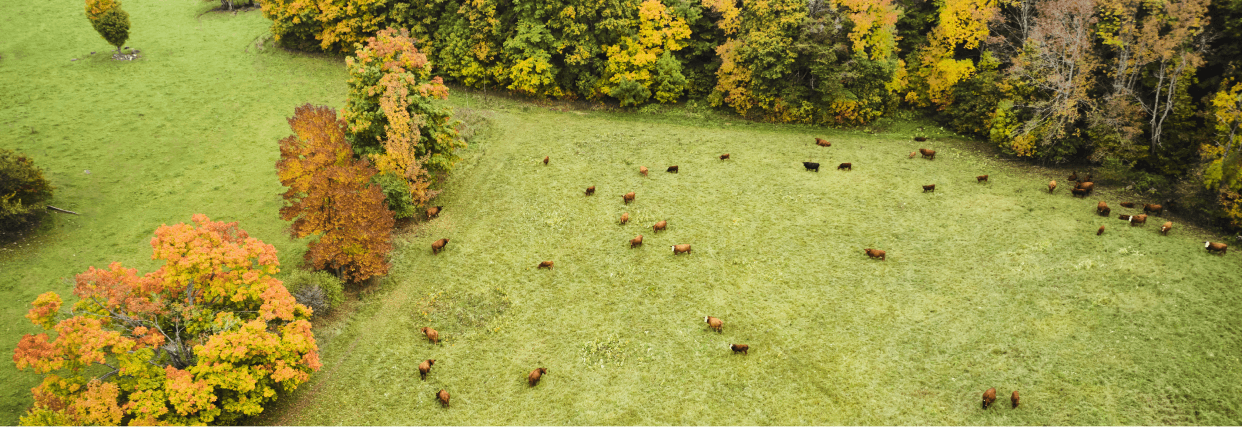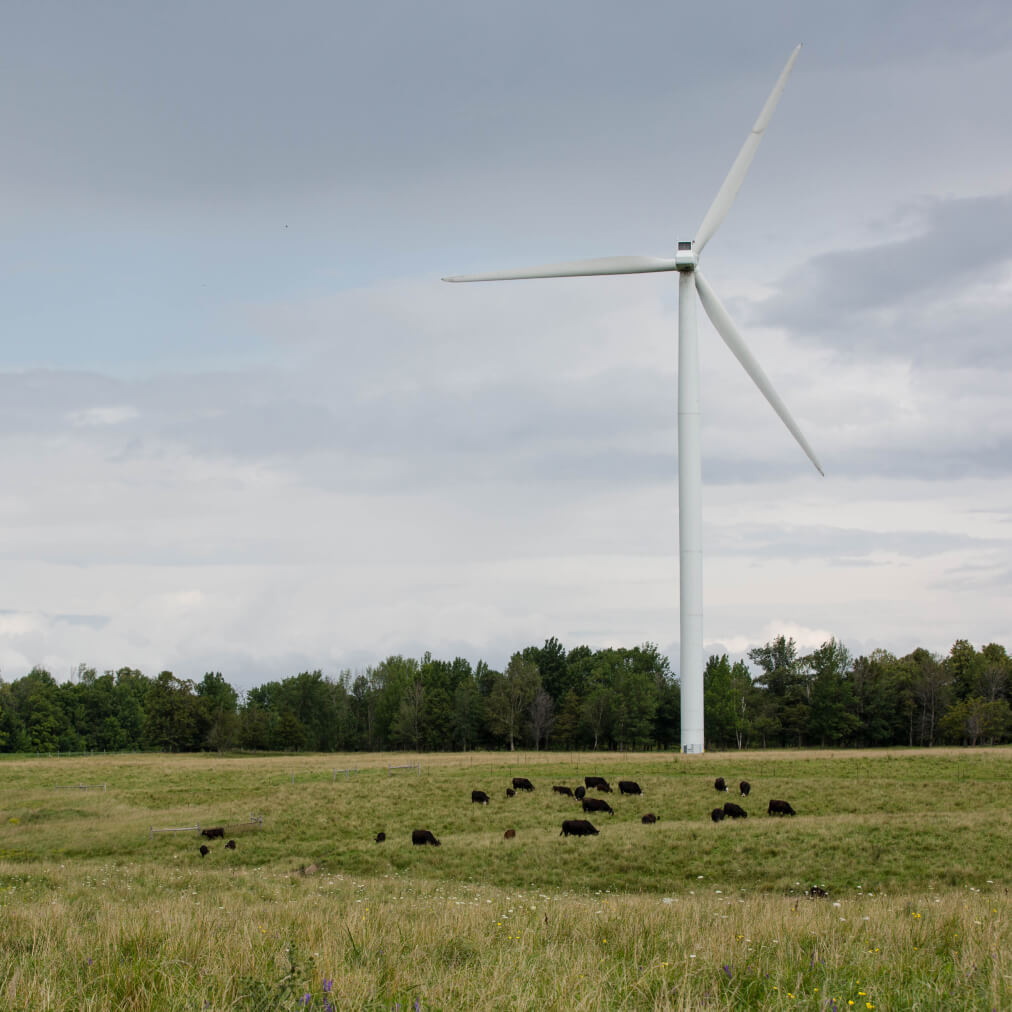Environment & Climate Change
As Government policies and measures are designed to address climate change mitigation, enhance sustainable agricultural production, preserve and enhance biodiversity on agricultural landscapes, and resiliency and recovery post pandemic, Government must embrace that agriculture, and especially beef production, will play a significant role in addressing all the aforementioned. Farmers and ranchers are part of the solution in all cases.
Sound policies and measures need to resonate with Canadian farmers and ranchers as much as they do with Government and the general public. Environmental policies and programs designed by the federal government must heed the experienced voices of Canadian farmers and ranchers. The Government of Canada can help the Canadian beef industry to play a pivotal role in achieving Canada’s GHG (Greenhouse Gas) reduction goals by fostering science-based, incentivized practices that encourage soil-based carbon storage in soils and wetlands and by employing technologies and management approaches that reduce overall emissions and the intensity of emissions.
Biodiversity

- CCA asks government to work with industry and environmental non-governmental organizations to conserve Canada’s grasslands.
- Cattle farmers and ranchers care for 35 million acres of temperate native grasslands. Since the 1970s, we have seen a staggering loss of nearly 75 per cent of prairie native grasslands through land conversion to crops and development. When the grasslands are lost, so are the species that depend on the grasslands for their habitat. There are currently over 60 species at risk in Canada’s native grasslands—species that only exist because of continued beef production on these native grasslands. Beef farmers and ranchers work closely with conservation partners on grassland habitat and biodiversity maintenance and enhancement, to protect the grassland ecosystem.
- CCA recommends the Government continue Environment and Climate Change Canada’s Species At Risk Partnership on Agricultural Lands (SARPAL) program, working directly with beef farmers and ranchers to protect and enhance habitat for a multitude of species at risk. SARPAL has proven to be a great environmental program, through collaboration with the beef sector and conservation organizations.
- Government should prioritize the scientific understanding of soil health, soil microbiome and carbon storage capacity of Canadian soils and support the efforts of the Canadian beef industry in their recently released Beef Industry 2030 Goals where, as related to the environment, the industry commits to safeguarding the existing 1.5 billion tonnes of carbon stored on lands managed by beef farmers and ranchers; sequester an additional 3.4 million tonnes of carbon annually and reduce greenhouse gas emission intensity by 33 per cent by 2030. As well, the industry commits to maintaining the 35 million acres of native grasslands in the care of beef farmers and ranchers.
- Incentivizing farmers and ranchers to adopt beneficial management practices (BMPs) will support beef farmers and ranchers in maintaining and enhancing native grasslands and achieving the goals of enhancing soil health and carbon storage and sequestration. This should include financial or other novel payments or taxation relief. Also, incentivizing the work beef farmers and ranchers undertake to protect and enhance species at risk habitats and populations is of utmost importance.
- Government should support new scientific research to assess the economic and environmental benefits of BMPs. Canada’s beef industry is striving to back research to develop cost-effective means to reduce GHG emissions, maintain or enhance biodiversity, increase soil carbon, and improve water infiltration on pasture Government policies and programs should act to support the industry in these endeavors.
Climate Change

- CCA recommends the federal government can help the Canadian beef industry to play a pivotal role in achieving Canada’s GHG reduction goals by fostering science-based, incentivized practices that encourage soil-based carbon storage in soils and wetlands and by employing technologies and management approaches that reduce overall emissions and the intensity of emissions.
- Canadian beef farmers and ranchers manage more than 44 million acres of tame and native grasslands that, conservatively, store 1.5 billion tonnes of carbon and sequester the equivalent of 3.6 million cars worth of additional carbon emissions annually. In developing policies and programs, the federal government must recognize and value this sequestration side of the carbon cycle provided through the thoughtful management of Canada’s beef farmers and ranchers.
Market-based Solutions
There is a critical need for Government to significantly enhance funding and facilitate the creation of market-based systems to valuate ecological goods and services derived for agricultural lands, in particular those lands managed by beef farmers and ranchers, and establish the systems to foster incentives. Profitability is key to the sustainability of beef farmers and ranchers and meaningful incentive compensations for the provision of ecological goods and services from beef operations can enhance profitability and sustainability. These processes can include markets related to carbon storage, GHG reductions, water quality and quantity improvements, recreation, wetland protection and enhancements, biodiversity enhancements and more. Canada is well behind other jurisdictions, most notably the US and South Africa, on this front and the federal government can play a critical role in catching up. Establishing such market systems would allow Canadians to make credible claims and investments on specific environmental aspects.
Some examples of ecological services being delivered on private lands managed by beef farmers and ranchers include:
More information on what the beef sector is doing with regards to sustainability.